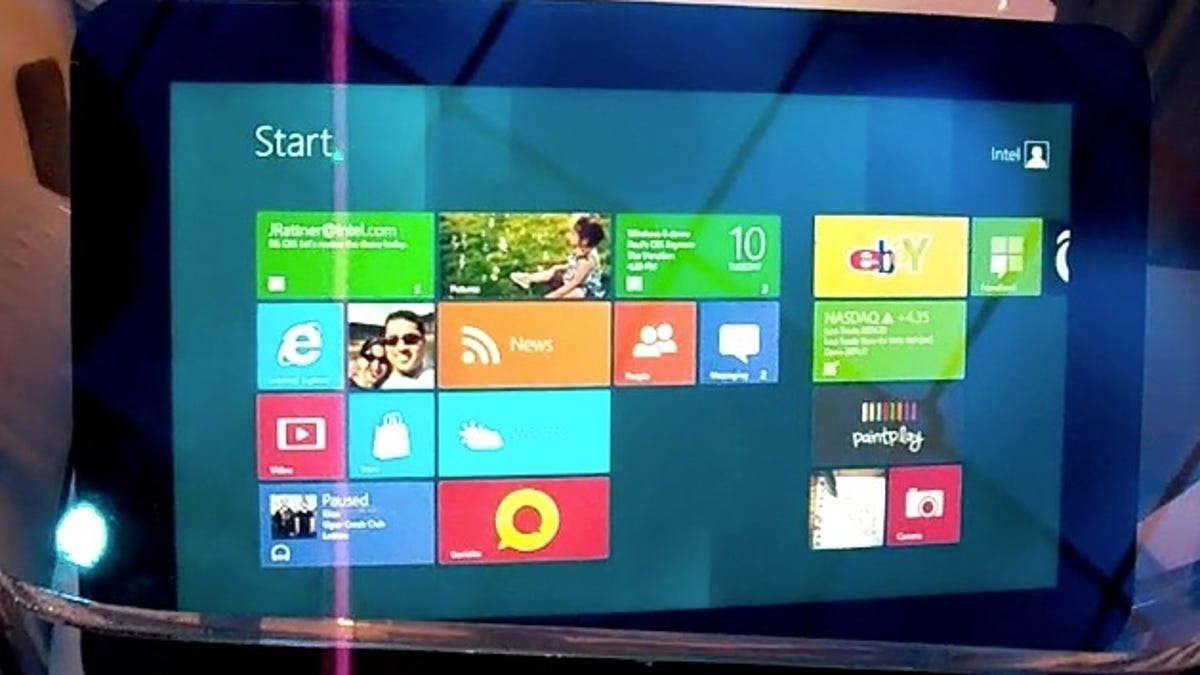Windows 8 will not be kind to Intel this year, says analyst
The wait for Windows 8 may be long, negatively impacting Intel's performance in 2012, an analyst at investment bank Piper Jaffray said Tuesday.

Intel will have to slog through a tough 2012 before it sees any real windfall from Windows 8, according to investment bank Piper Jaffray.
"We believe CY12 (calendar year 2012) is shaping up to be a difficult year for Intel.... We expect 2H12 (second half 2012) to be weak ahead of the launch of Windows 8, the most significant upgrade to the operating system since Windows 3.0," Piper Jaffray analyst Gus Richard wrote in a research note today.
Intel traditionally benefits from Microsoft operating system upgrade cycles as companies and consumers buy new Intel-based PCs along with the new OS. But the promise of a new OS can also cause consumers to postpone purchases until PCs with the new software--in this case, Windows 8--arrive.
A 2012 Windows 8 rollout may be problematic, according to the investment bank. "Moreover, our contacts suggest that Windows 8 beta has already slipped and we believe it will be a challenging product transition. In addition, this is likely to be the biggest rewrite to the Windows OS since Windows 3.0 when Microsoft moved from DOS to a graphical user interface," he wrote.
"At a minimum, we believe Windows 8 will create a significant demand pause for multiple quarters, significantly impacting PC growth in CY12," Richard said.
Microsoft has been very careful not to say anything about a release date for Windows 8, which will offer a fully developed touch interface, a first for a Microsoft PC operating system. But industry sources that CNET spoke to at CES often cited the second half of this year as a likely timeframe for a release.
Richard continues. "The launch date could easily slip into the Christmas timeframe or into CY13. Moreover, application software vendors are indicating that they are having to make more significant changes to their code than expected. This calls into question how well legacy applications will run on Windows."
Intel, not surprisingly, is more upbeat than Piper Jaffray. The chipmaker was showing off tablets running Windows 8 (albeit, encased in glass) at CES, and CEO Paul Otellini has made comments in the past several months about what a boon Windows 8 will be for his company.
Namely, that Windows 8 will allow PC makers using its chips to come out with newfangled ultrabooks that straddle the laptop and tablet markets and offer a level of backward compatibility that won't be possible on competing Windows 8 devices running on ARM chips from the likes of Qualcomm, Texas Instruments, and Nvidia.

